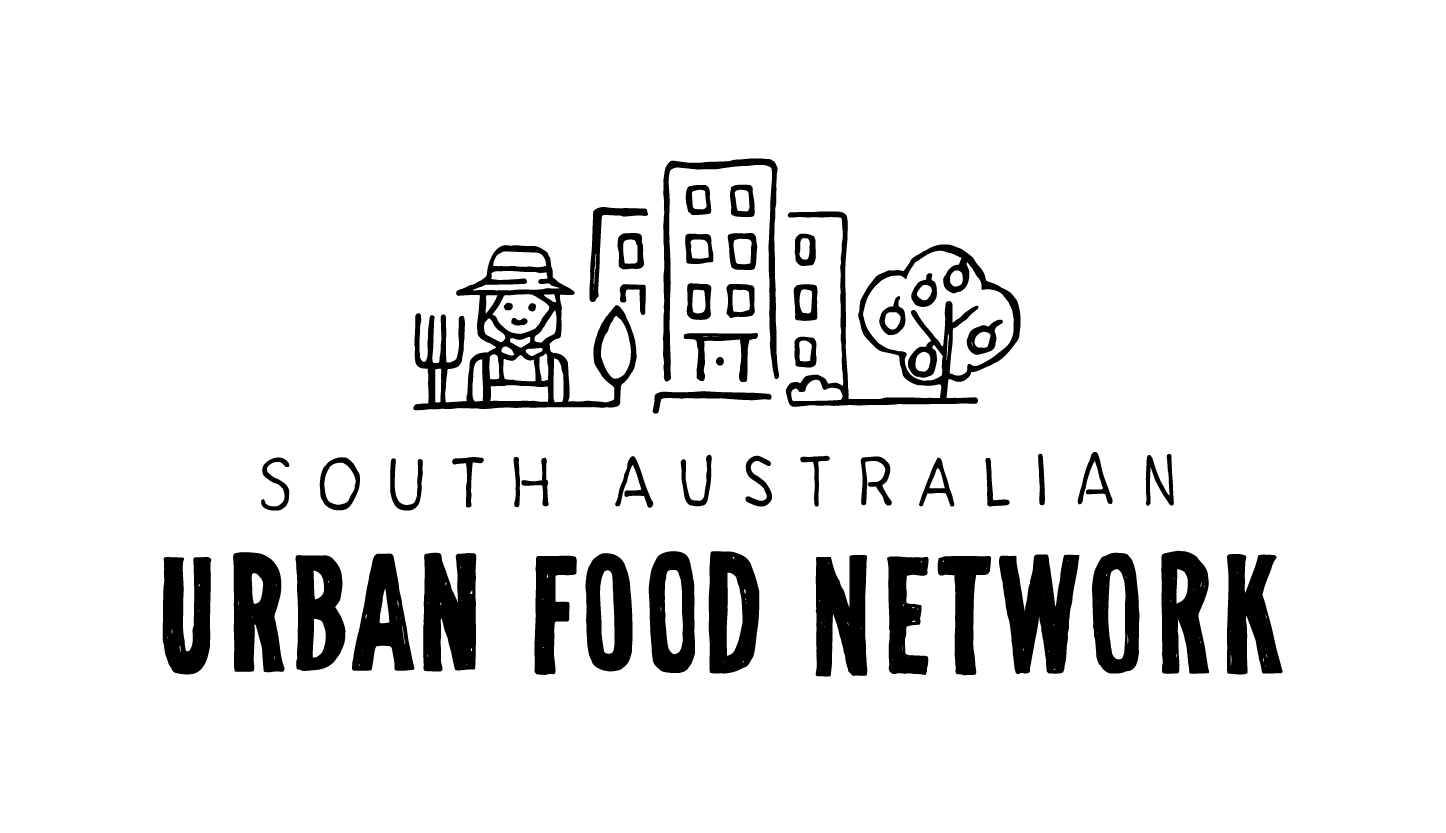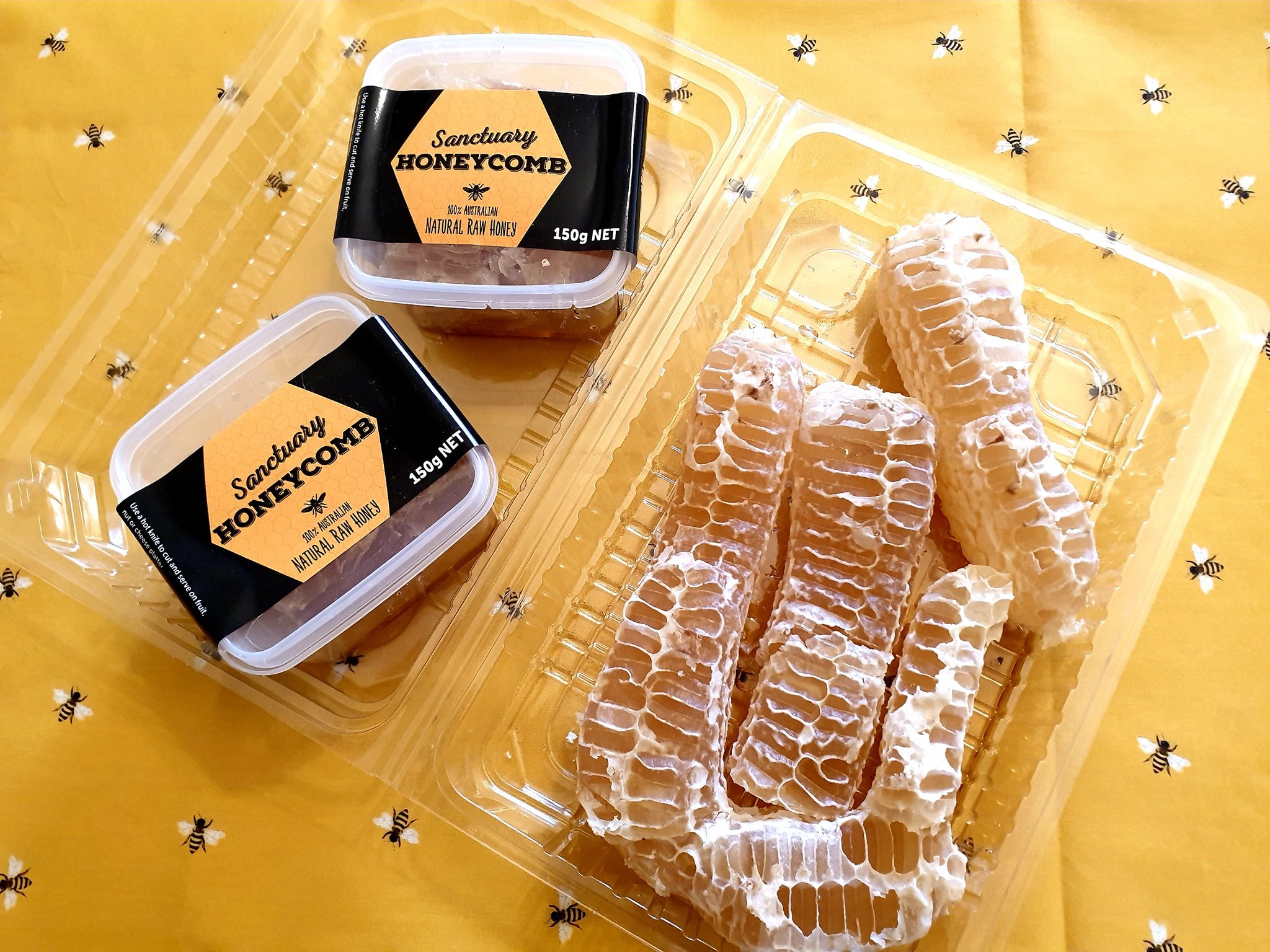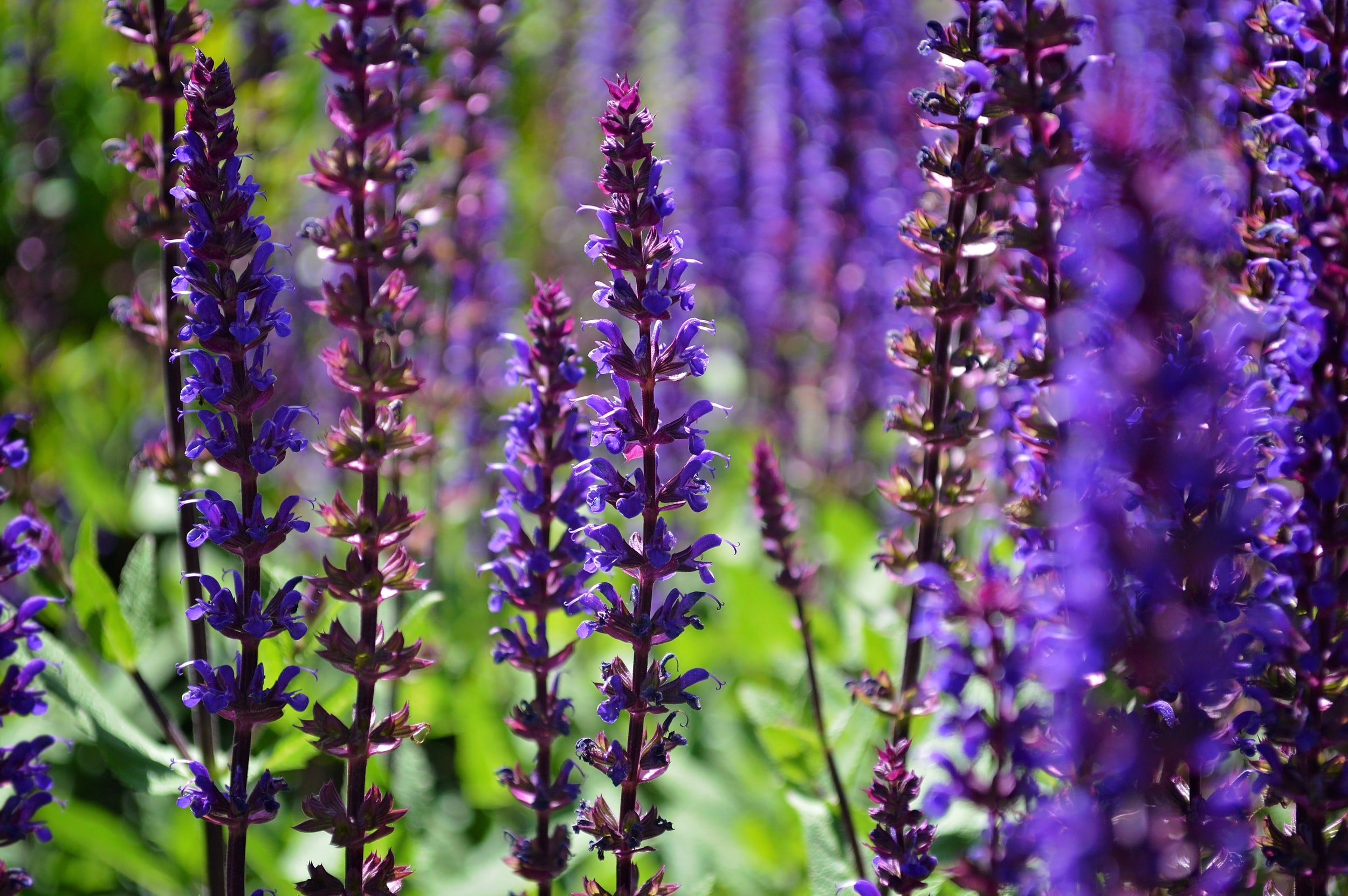The Adelaide Bee Sanctuary – across Adelaide’s metro suburbs
Sandy Ullrich has brought over 50 hives into Adelaide’s metropolitan areas and has worked since 2015 to make Adelaide a sanctuary for bees. We had a chat with Sandy to learn more about the bee business and the joys of working with our little fuzzy friends.
The key stats
Year established: 2015
Location: Metropolitan suburbs of Adelaide
Land size: Each hive is smaller than one square metre – about 50 hives across Adelaide so far.
Staff and volunteers: Sandy manages the business herself, although groups like community gardens help care for the bees in between Sandy’s visits.
Main production: Honey! And honeycomb.
Markets: Sponsors receive 4kg of honey each year in thanks for their support. Stock is also sold across Adelaide in selected local stores and sold by Sandy at local markets.
What’s the project, in a nutshell?
The Adelaide Bee Sanctuary combines the best practices in beekeeping and the provision of local and ethically sourced honey and honeycomb.
“The primary purpose of the Adelaide Bee Sanctuary is to raise awareness of the important role of bees to our food security and ecosystem,” says Sandy.
Sandy runs the business, installing hives, caring for the bees, selling honey and also advocating for bees and bee health in general.
She also offers individuals and organisations the opportunity to sponsor beehives. Sponsors support the bees through an annual payment and, in return, receive a portion of honey from their sponsored beehive. So far, the main sponsors are local councils, community gardens and Government House.
The sanctuary aims to promote the cohabitation of people and bees in the urban environment and works to demonstrate the best practices in beekeeping, underpinned by a bee-centric approach. These goals and services were driven by the vision to support a greener and more sustainable Adelaide city.
From there, Sandy launched Sanctuary Seeds as a natural extension of her sanctuary’s honey.
Bees are important for pollination and in turn our food security – part of this food security is saving our own seeds from the plants growing in our gardens.
“Creating my own seed saving business was a natural progression from working with bees within community gardens,” Sandy says.
How did this all get started?
Sandy has always been fascinated by bees and insects and kept bees as a hobby for eight years before launching the Adelaide Bee Sanctuary. She previously worked as a nurse, until beekeeping became her primary income.
She began beekeeping for therapeutic reasons, explaining that beekeeping requires certain mindfulness and awareness – it’s often a reflection of your state of mind and being, Sandy says.
“Bees have been there for me when I have been happy, grieving, lost and confused. I believe they listen to me and respond to me in kind.”
Any tips for those wanting to start something similar?
For those wanting to venture into the urban beekeeping business, Sandy says perseverance is key – working with councils, for example, has gotten easier for the Adelaide Bee Sanctuary with each passing year.
“Now that I have been working with councils for about four years, the conversations about risk management are becoming easier. I also recognise that councils are doing some amazing things in terms of supporting all our local pollinating insects, not only bees.”
Building trust in the community also takes time.
“Twenty percent of my work is with the bees, the other 80% revolves around ensuring that connection between myself and the sponsor,” Sandy says.
“Beekeeping in the urban environment requires this. One needs to connect to dispel any fears or concerns people may have about having a beehive nearby.”
Her other tips include:
Get celebrity chefs on board to help promote your venture.
One size does not fit all – you have to find what works best for you, your community and the bees.
Opportunities are limited to one’s imagination!
What’s the biggest challenge so far?
Sandy is the sole owner and manager of Adelaide Bee Sanctuary, which means she’s effectively on call 24/7.
The work of managing the hives and producing honey can be physically demanding, too, and she does worry that her hives may be stolen or threatened by biosecurity issues or even chemical pest control.
Several of her hives have been wiped out in the past – possibly because of exposure to pesticides and other harmful chemicals. Although the cause was unknown, the rate at which the colony died indicated some chemical exposure. Sandy says this is a worry for any beekeeper because nothing can be salvaged. She had to destroy over 100kg of honey that was also contaminated, most likely because an agent or agents were used incorrectly within the urban environment.
“Selling raw, local honey and honeycomb was also a challenge, but I manage that by selling honey face-to face and not in a retail store,” Sandy explains.
As an added bonus, selling this way allows Sandy to communicate with buyers about why “real” honey looks very different from what is often sold in supermarkets.
Honey actually exists in a spectrum of colours, ranging anywhere between a dark red or black colour to a light translucent colour – unlike the homogenous golden colour of most honey on supermarket shelves.
Sandy doesn’t strain her honey and invariably a piece of wax or two or three might float on the surface or there could be a piece of pollen floating in the honey. And that’s perfectly how nature intended, she says. “I want to educate people that they are already consuming a perfect product … perfected by the bees,” she says.
What’s the best part?
Being a steward of bees is therapeutic and brings so many rewards, Sandy says.
“It’s not just about the yummy honey. It is about connecting with one another. One of the greatest issues we as a society face is loneliness, and the anxieties and depression that come from this.”
“Bees and beekeeping in the urban environment become a conduit … connecting people to one another.”
Tell us about the future - what’s next?
Sandy has plans across both her beekeeping and seed saving business. She hopes to continue developing Sanctuary Seeds and the seed collection group across community gardens, as well as launch the first Adelaide Bee Sanctuary workshop about urban beekeeping.
Sandy is also planning to install an indoor observation beehive at the Woodville Library, offering the community an opportunity to learn about bees while in an environment designed specifically for learning.
Sandy hopes this will highlight that bees are not so dissimilar to us.
“They dance, clean, tend to their babies, carry out their dead, keep their home cool, tend to one another and demonstrate all the feelings that we as human beings have such as compassion, kindness, mourning, happiness,” she says.
Ways to get in touch
Website | adelaidebeesanctuary.com.au
Facebook | @adelaidebeesanctuary
Instagram | @adelaidebeesanctuary








